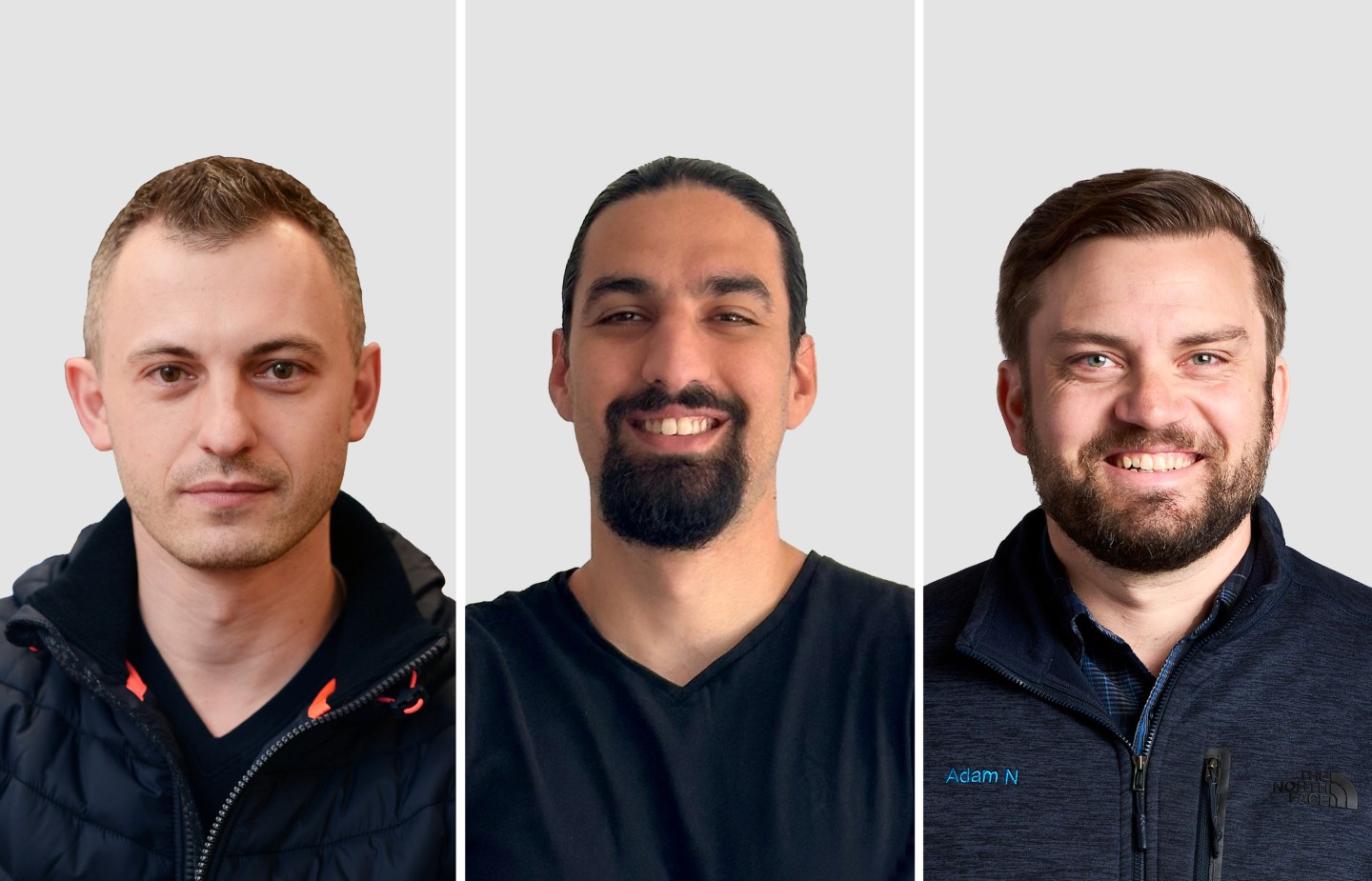Former DeepMind and Airbus leaders unveil AI assistant for engineers with ambitious space goals
P-1 AI secures 23 million dollars in funding to develop an AI engineer capable of designing starships in the future

Courtesy of P-1 AI
A team of former DeepMind and Airbus executives has launched P-1 AI, a new artificial intelligence assistant designed specifically for engineers. The startup has already raised $23 million in funding to develop what it describes as a "new kind of AI engineer"—one that could eventually contribute to designing starships and other advanced aerospace technologies.
The Founders and Their Vision
The company was co-founded by:
- Paul Eremenko (former CTO of Airbus and United Technologies)
- Aleksa Gordić (ex-DeepMind research engineer)
- Adam Nagel (previously at Airbus and Google)
Their collective expertise spans AI research, aerospace engineering, and large-scale software development, positioning P-1 AI at the intersection of cutting-edge technology and industrial applications.
The AI Assistant's Capabilities
While details about the product remain under wraps, the founders suggest their AI system will:
- Assist engineers in complex problem-solving
- Accelerate design and prototyping phases
- Handle multi-disciplinary engineering challenges
The long-term ambition is far more ambitious: creating AI capable of contributing to interstellar spacecraft design—a vision that aligns with Eremenko's background in aerospace innovation.
Funding and Future Plans
The $23 million seed round will be used to:
- Expand the engineering team
- Develop proprietary AI models
- Establish partnerships with industrial firms
Investors appear to be betting on the team's unique combination of AI expertise and real-world engineering experience—a rare pairing in the current AI startup landscape.
Industry Implications
If successful, P-1 AI could:
- Disrupt traditional engineering workflows
- Reduce development timelines for complex systems
- Push boundaries in space technology and
Related News
Kaizen AI Generators Power Continuous Improvement in Tech
Jan Bosch explains how kaizen AI generators enable systems to continuously adapt and improve through real-time monitoring and experimentation.
SF AI Meetup Explores Next Gen Autonomous Agents and ML
SF AI/ML Meetup on Engineering Next Generation AI Systems with autonomous agents and ML architectures featuring industry leaders.
About the Author

Dr. Sarah Chen
AI Research Expert
A seasoned AI expert with 15 years of research experience, formerly worked at Stanford AI Lab for 8 years, specializing in machine learning and natural language processing. Currently serves as technical advisor for multiple AI companies and regularly contributes AI technology analysis articles to authoritative media like MIT Technology Review.